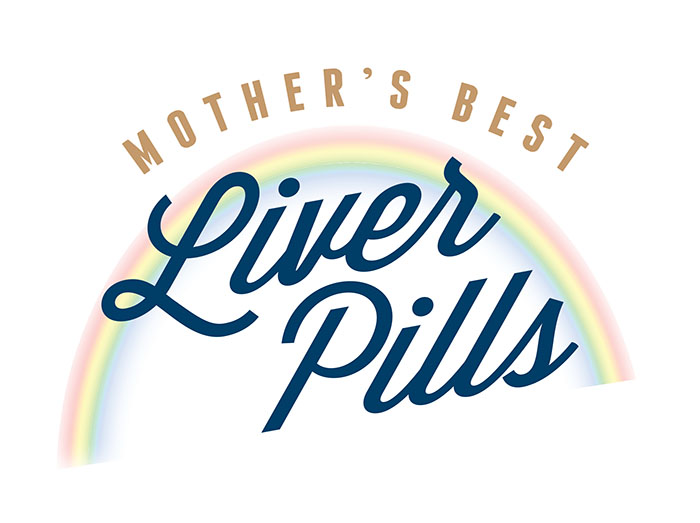All information in this article is for educational purposes only. It is not for the diagnosis, treatment, prescription or cure of any disease or health condition.
Article written by Dr. Suuzi Hazen, March 2024
Many pregnant women are told to avoid liver due to concerns about its safety during pregnancy. But is this caution really necessary? Let's take a closer look.
What Happened in the 1960s?
During the 1960s, some experiments were conducted on hogs where mother pigs were given high amounts of Vitamin A, leading to birth defects in some of the babies. This led to the misconception that liver consumption during pregnancy could be harmful. (Liver is a food that is naturally rich in retinol, the food source version of Vitamin A.)
Separating Fact from Fiction
There have been no documented cases of mothers who consumed liver during pregnancy experiencing issues with their babies. The real concern lies with synthetic Vitamin A supplements, not the natural form (retinol) found in liver.
The Proper Response
The appropriate advice should have been to avoid supplementing with synthetic Vitamin A during pregnancy, rather than demonizing liver consumption. Natural sources of Vitamin A, such as liver, can actually be beneficial for both the mother and the baby when consumed in moderation.
Final Thoughts
There's so much unneccesary drama in modern pregnancy diet advice. For example, pregnant American women are told to avoid raw fish, even a drop of alcohol, and raw cheeses. Expecting moms in Japan never avoid raw fish, and expecting moms in Europe still enjoy raw cheese and the occasional glass of wine without harm.
Please always feel comfortable discussing these topics with your doctor, midwife, or other health professional. Remember, they work for YOU, not the other way around. Another thought: doctors receive on average 11 hours of nutrition education during their education. Meaning no disrespect, this isn't their area of expertise.
More Resources for Healthy Nutrition during Pregnancy
Weston A Price Foundation pregnancy diet recommendations

